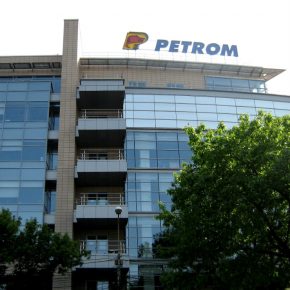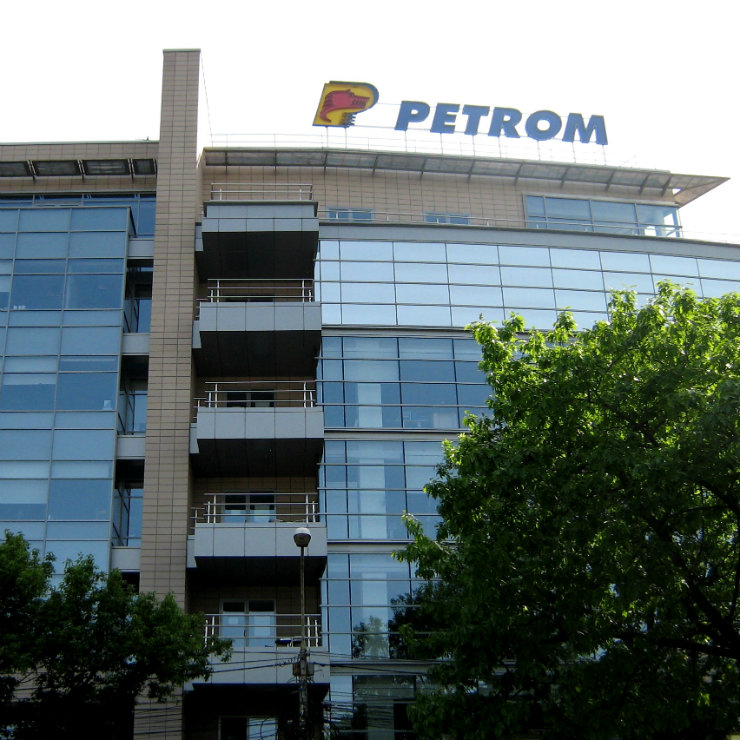
Bucharest, Romania (Gabriel, CC BY)
The center-left government led by Prime Minister Sorin Grindeanu has promised strong control mechanisms will be put in place to make sure that public money is not wasted. The plan of the ruling coalition is to use the FSDI as a financing source for the construction of new hospitals and highways, and the head of the ruling party, the PSD, suggested that the money will contribute to the reindustrialization of the country. The sovereign fund is the special project of PSD leader Liviu Dragnea and has been included in the party program.
According to the draft project of the Finance Ministry, the FSDI will take the form of a joint stock financial intermediation company, whose single shareholder will be the Romanian state. The fund will be classified as a public financial institution, outside the state budget, according to ministry representatives.
“We’ve already sent the draft law to the National Statistics Institute (INS), and then it will be sent to Eurostat. This will be the classification at its establishment. Afterwards, during its existence, it must be kept out of the budget so that it can be ranked or reclassified,” a ministry representative said. If Eurostat reclassifies the fund, it falls into the government debt account. The FSDI’s cash share capital will be worth EUR403m (RON1.85bn), the money coming from the State treasury via privatization.
Hidroelectrica will be among the 27 companies, and the MFP officials say that a future IPO will be covered by the FSDI. If the fund considers selling shares of some companies in its portfolio, it will have the possibility, but it has to preserve at least 50+1 percent of the shares. Thus, the impact in the state budget is EUR435.5m (RON2bn) per year and the fund will never get listed. The accounting value of the companies in its portfolio, as of 2015, is EUR9.8bn (RON45bn). The project is due to touch down the Parliament this September.
The companies the FSDI will be a shareholder of are: Engie Romania, Electrica, Delgaz, E.ON Energie Romania, Biofarm, Chimcomplex, OMV Petrom, Telekom Romania, Antibiotice, Compania National pentru Controlul Cazanelor, Instalatiilor de Ridicat si Recipientelor sub Presiune (National Company for Boilers, Lifting Installations and Pressure Receptacles’ Control), Loteria Romana, Societatea Nationala a Sarii (National Salt Company), IAR, OIL Terminal, Cupru Min, Unifarm, Societatea Nationala a Apelor Minerale (National Company of Mineral Waters), Compania Naţională Administraţia Porturilor Dunării Maritime, Compania Nationala de Investitii pentru Turism (National Company for Investments in Tourism), Romgaz, Societatea de Producere a Energiei Electrice în Hidrocentrale — Hidroelectrica (Company of Electricity Production in Hydropower Plants — Hidroelectrica), Aeroporturi Bucuresti (Bucharest Airports), Nuclearelectrica, Imprimeria Nationala (National Printing House), Compania Nationala Administratia Porturilor Maritime (Maritime Ports’ Administration National Company), Societatea de Administrare a Participatiilor în Energie (Power Participation Management Company), and Conpet.
„The purpose of the FSDI is to develop and finance from own funds and from drawn funds, the projects of profitable and sustainable investments, in various economic sectors, through a direct or intermediate participation of other investment funds or investment societies, alone or together with other institutional or private investors, as well as to manage its own financial assets, with a view to getting profit,” Finance Ministry representatives say.
Who will control the fund?
The question is who will manage the FSDI, which should reach around EUR10bn in assets in the next four years. Legal experts have suggested that the state should recruit private managers to head the fund, which will be fully owned by the Ministry of the Economy.
The design of the fund remains a mystery, and since the start of 2017, Dragnea has made only brief comments about the investment strategy of the FSDI.
“The state will remain a 100 per cent shareholder. It will not sell any shares, because these are strategic companies. In addition, as happens in other parts of the world, this fund, the Fund for Large Investments and international banks, with which we have had official discussions, will make strategic joint ventures to finance large investment projects in Romania. We will also start to build plants and production capacities in areas where they didn’t exist,” Dragnea told public broadcaster SRR in early February. Since then, the government has created a commission tasked with setting up the fund.
The government has announced that it will seek the assistance of international financial institutions such as the International Monetary Fund (IMF) and the European Bank for Reconstruction and Development (EBRD) to design the fund.
“Romania needs more investments in road infrastructure and hospitals, but it is not clear how the fund will recover this sort of ‘investment’ or if they could even be treated as an investment from the fund’s perspective, except, maybe, those projects generating enough toll or similar revenues,” Serban Paslaru, partner at law firm Tuca Zbarcea & Asociatii, told BR. He added that the purpose of the fund has to be clarified by the government.
From the public statements regarding the FSDI, it seems that it might bear some similarities to the Polish Development Fund (PFR). The latter was set up last year as a venture capital platform with more than EUR600m of financing available. The PFR was used to partially finance upgrade works at a sea container terminal and additional funds will be used for the planned ring road in Cracow.


